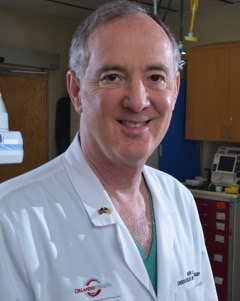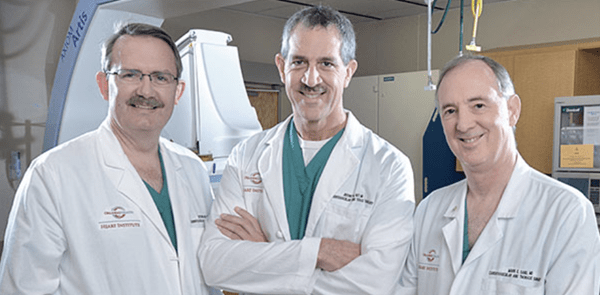Walking May Gauge Health After Heart Surgery
How a patient walks may be a good indicator of their outcome after heart surgery, according to a recent study.
The study, conducted by researchers at McGill University in Montreal from July 2011 to March 2014, involved more than 15,000 patients age 60 and older at 109 medical centers who were undergoing various heart procedures, including coronary artery bypass graft, aortic valve surgery, mitral valve surgery or combined procedures. Seventy-one was the median age of study participants and more than 30 percent of them were female.
All patients underwent a gait speed test before their surgery, which assessed how fast they walked. Gait speed is defined as the time required to walk a short distance (typically 5 meters) at a comfortable pace. Patients with a slow gait speed were more likely to die after surgery, and the slower they walked, the higher their risk of death. For every second added to their gait speed, their risk of mortality increased 11 percent.
Gait speed is an important predictor for health, especially in older adults. It can highlight problems in the lower limbs and muscles that affect walking ability and can help us assess brain, heart and lung function in patients.
Gait speed is often used to assess frailty in the elderly and flag those that are high risk for closer monitoring and evaluation. Frailty typically reduces the risk of long-term survival in older adults by 12 percent and is more common in seniors who have heart disease. As many as 60 percent of seniors who have heart disease also are frail, according to the study’s researchers.
More tests that measure frailty and gait speed are being done as a way to assess cardiac patients. What this study shows is that gait speed may help us better determine the risk of surgery in certain patients and enable us to make better decisions about their treatment and care.
Heart disease is the number one killer of Americans. According to the Centers for Disease Control and Prevention, 610,000 people will die of heart disease each year, accounting for 25 percent of all deaths in the country. With these figures, it’s critical that we find a way to improve patient outcomes. Patients with slower walking speed before surgery are more likely to experience post-surgical complications or infections, so if we have a better predictor of their health outcome beforehand, we can provide more screening and further assessment for high-risk cardiac patients. We also can help patients weigh whether heart surgery is their best option — in some cases the risks of surgery are too great for certain patients. We also may be able to devise interventions that help to address frailty before surgery, so that patients are strong enough for the operation and recovery process. This, in turn, may improve their long-term quality of life.
Are you interested in learning more about the Advanced Cardiac Surgery Program at Orlando Health Heart & Vascular Institute?
The Orlando Health Heart & Vascular Institute's Advanced Cardiac Surgery Program offers a full array of the most current heart procedures, from heart valve repair to coronary artery bypass graft surgery. Our highly skilled cardiovascular surgeons use the newest surgical tools and procedures to give you the best treatment for your heart condition.
Learn More







